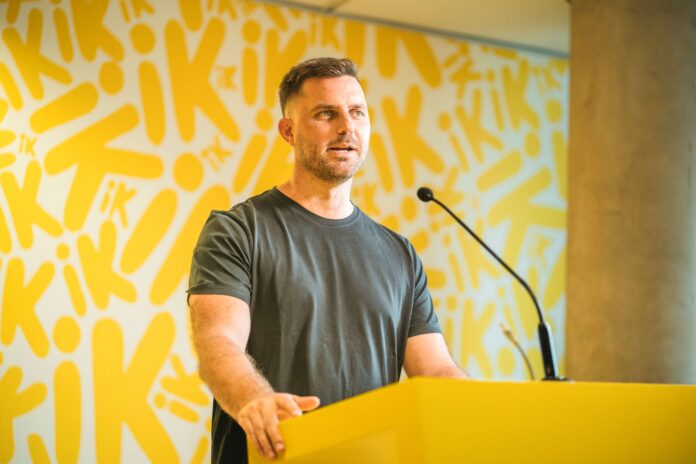As South Africa stands on the brink of another pivotal election, the small business community casts a hopeful eye toward the future, eagerly awaiting a concrete blueprint for economic growth.
A recent survey by fintech iKhokha indicated that 77% of SMEs believe local government is ineffective in promoting business growth and development in their area. Amidst challenges such as high unemployment rates and economic instability, SMEs share a strong desire for policies that will stimulate investment and ensure sustainable development.
As the election approaches, the stakes are high, and the need for a robust economic strategy that can address these critical issues and revitalise the economy is more pressing than ever.
Ease SME load shedding woes
According to iKhokha, businesses lose up to 20% of their annual turnover because of power cuts.
Frequent power outages mean halted production, reduced sales, spoiled inventory and increased operational costs due to the need for alternative power sources like generators. This unreliability in power supply can erode customer trust and ultimately lead to decreased profitability.
Having worked closely with SMEs for over a decade, iKhokha CEO Matt Putman, shares his thoughts on the current power crisis and possible measures to reduce the strain on small businesses.
“Businesses have been severely impacted by persistent challenges out of their control, particularly load shedding and a general pullback in consumer spend due to high interest rates. To address these issues, SMEs with an annual turnover of less than R5 million should receive financial support via tax rebates. Rebates could return the equivalent of 20% of SME’s turnover as a tax credit to help offset losses incurred due to load shedding,” says Putman.
Recent studies indicate that iKhokha’s SME base wants political parties to present a clear plan that supports the drive towards a load shedding-free country by mid-2025, including:
- Recruiting international technical experts to assist Eskom
- Accelerating the take on of private power contributions to the national grid
- Enhancing the grid’s transmission system capabilities
- Securing substantial international funding to accelerate Eskom’s growth path to building a sustainable energy grid
Revitalise infrastructure & clean up our country for SME success
Another critical focus point for SMEs is infrastructure revitalisation. This includes the cleaning up of beaches, business districts and community spaces and fixing sewerage and water treatment capabilities in these areas. SMEs also want to see a zero-tolerance policy on littering and vandalism implemented by the incoming government.
Grow tourism
Another big ask from SMEs is for our new incoming government to aggressively grow tourism and to make South Africa more appealing to international tourists. Lobbying major international airlines and making it commercially attractive for them to increase direct international flight routes and frequency to KwaZulu-Natal and the Western Cape is a key ask.
“Initiatives that grow our share of international tourism are critical to growing our economy. To do this, substantial investments should be made in marketing South Africa’s unique bush, beach and berg travel experiences,” says Putman. “We should also introduce digital nomad visas to capitalise on global workforce trends by attracting euro and pound earning professionals from the Northern Hemisphere to come spend their winters in South Africa during our summers and autumns,” he says.
Provide better business funding
Supporting SME growth and, in turn, reducing unemployment in South Africa is strongly linked to the issue of limited access to business funding. Almost 60% of SMEs said that they would hire more staff if they had access to government business funding. Access to capital is essential for businesses to start up, scale up and sustain operations, particularly in competitive and evolving markets.
A total of 79% of iKhokha survey respondents said that their business would benefit from a low-interest loan. If government were to partner with fintech companies like iKhokha who are well placed to distribute low-interest loans to SMEs on behalf of government, they could make a significant impact on reversing our alarming unemployment trend and boosting national GDP growth.
Strengthen transport networks
Lastly, critical attention should be given to improving the rail and port networks across the country. Upgraded rail and port infrastructure can lead to more reliable and quicker transit times, decreasing the costs associated with shipping delays and goods storage.
Putman says: “Investing in transport infrastructure not only supports SMEs but also stimulates broader economic development by creating a more interconnected and efficient trade environment which will boost our export capability and increase foreign investment confidence levels.”
To find out more about how iKhokha is helping SMEs grow, visit www.ikhokha.com.

